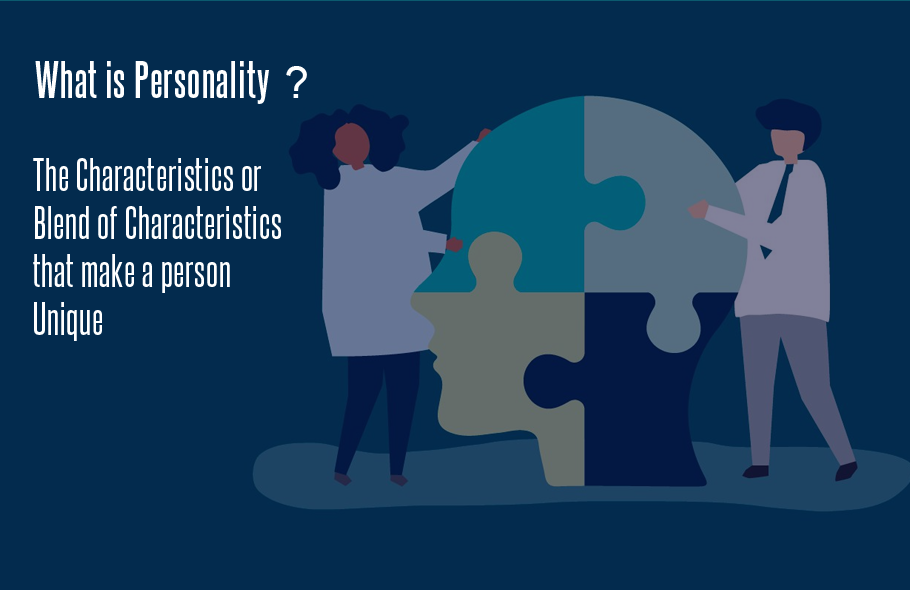Personality is a complex and multifaceted concept that refers to the set of unique characteristics, traits, and patterns of behavior that define an individual’s unique identity. It is the sum total of an individual’s thoughts, emotions, attitudes, beliefs, values, and behaviors that determine how they perceive, interact with, and respond to their environment.
Personality is an essential aspect of human psychology, and it plays a critical role in shaping our thoughts, emotions, and behavior. It is influenced by various factors, including genetic predispositions, environmental factors, social and cultural influences, and life experiences. Personality is a dynamic and ever-changing construct that can evolve and develop throughout an individual’s lifespan.
One of the most influential theories of personality is the Big Five personality traits. This theory posits that there are five broad dimensions of personality, including openness, conscientiousness, extraversion, agreeableness, and neuroticism. These traits are considered relatively stable over time and are thought to be the building blocks of personality.
Openness refers to an individual’s level of imagination, creativity, and willingness to embrace new experiences. People who score high on openness tend to be curious, adventurous, and open-minded, while those who score low tend to be more conventional and conservative.
Conscientiousness is the degree to which an individual is organized, dependable, and responsible. People who score high on conscientiousness tend to be reliable, hardworking, and disciplined, while those who score low are often disorganized and impulsive.
Extraversion refers to an individual’s level of sociability, assertiveness, and positive emotions. People who score high on extraversion tend to be outgoing, talkative, and energetic, while those who score low are often introverted and reserved.
Agreeableness is the degree to which an individual is empathetic, cooperative, and kind. People who score high on agreeableness tend to be compassionate, caring, and considerate, while those who score low are often more competitive and confrontational.
Neuroticism refers to an individual’s level of emotional instability, anxiety, and negative emotions. People who score high on neuroticism tend to be more prone to worry, stress, and anxiety, while those who score low are often more emotionally stable and resilient.
While the Big Five personality traits are among the most widely studied and accepted models of personality, there are many other theories and frameworks that offer different perspectives on this complex construct. Some researchers have explored the role of temperament, which refers to an individual’s innate tendencies and predispositions, in shaping personality. Others have focused on more specific dimensions of personality, such as emotional intelligence, self-esteem, or self-efficacy.
Despite the different approaches to studying personality, most researchers agree that personality is a multi-dimensional construct that is shaped by a combination of biological, psychological, and social factors. For example, genetics can influence an individual’s predisposition to certain personality traits, while life experiences and socialization can shape how these traits are expressed and manifested.
Personality is also believed to play a critical role in many aspects of life, including social relationships, career success, and mental health. People with certain personality traits may be more likely to form close, supportive relationships, while those with different traits may struggle to connect with others or may be prone to conflict and misunderstanding.
Similarly, personality traits can impact career success, with certain traits being more advantageous in certain professions. For example, extraverted individuals may thrive in sales or customer service roles, while conscientious individuals may excel in management or leadership positions.
![]()





